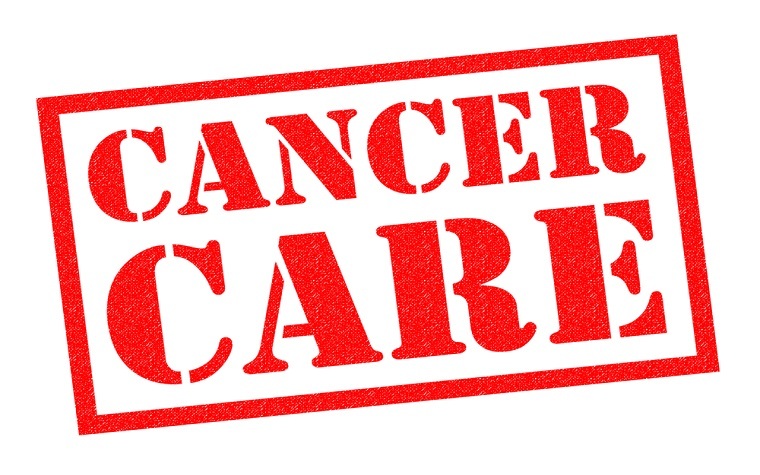
Despite the rising cost of health care, nearly four out of five cancer patients do not have conversations with their doctor on the issue, a newly published survey has found.
That finding surprised Linda House, president at the Cancer Support Community, which is the support and advocacy organization that commissioned the survey.
The main reason given related to doctors not bringing up the topic first, and that patients were afraid they would receive lower-quality care -- or simply embarrassed to raise concerns.
This discovery emerged despite more than 42 percent of those surveyed reporting that their out-of-pocket expenses in the last 12 months were larger than expected. As a result of these cost hikes, almost 22 percent of patients chose not to get recommended health care services, including tests, treatments and prescription drugs.
Further, one in four participants experienced delays in accessing cancer care, with up to one-quarter of patients reporting that they did not feel confident about receiving the care they needed.
House, a registered nurse who leads an nationwide organization that monitors policy issues with the potential to impact patients ability to access cancer care, was reluctant to speculate about what might happen with the advent of the Trump administration.
That said, she did speak to Patient Daily following the House's passing of the 21st Century Act, which dedicates billions for cancer and other research.
A bipartisan bill that's poised to pass the Senate, many patient advocacy groups welcome the likely passage. However, it will not have much impact on access to care for cancer patients in the short term. Any changes to the Affordable Care Act, including the individual exchanges, will have an impact.
House was careful to point out the survey was entirely apolitical, designed merely to tap into the experiences and challenges facing cancer patients.
“At this point, we are really speculating as to what they (Republicans) will do,” she told Patient Daily. “My hope is that they won’t remove protections without applying new ones that are equally favorable.”
The Cancer Support Community hosted an educational event to present the key findings and survey results from its Access to Care in Cancer 2016: Barriers and Challenges initiative.
According to House, one of the speakers was a cancer patient who told of the huge relief on hearing of the Supreme Court’s ruling on preexisting conditions.
“I am encouraged by a number of pieces within the ACA: no lifetime caps, not discriminating over preexisting conditions and coverage for those under 26,” she said.
House is largely supportive of the ACA but realizes that it has delivered challenges for cancer patients, particularly those that need to buy their insurance on the individual exchanges.
“There are challenges with the narrow networks, step therapies, tests that have to be done before drugs are approved,” she said, noting there were challenges before the ACA but the insurance companies appear to be more aggressive.
The support group carried out a similar survey in 2014 but questioned a different group of patients. While both sets raised the importance of cost, far fewer patients were having conversations about this with their doctors -- just 22 percent.
Based on another main finding from the survey, more than half of respondents (53 percent) reported not receiving social or emotional support as part of their cancer care.